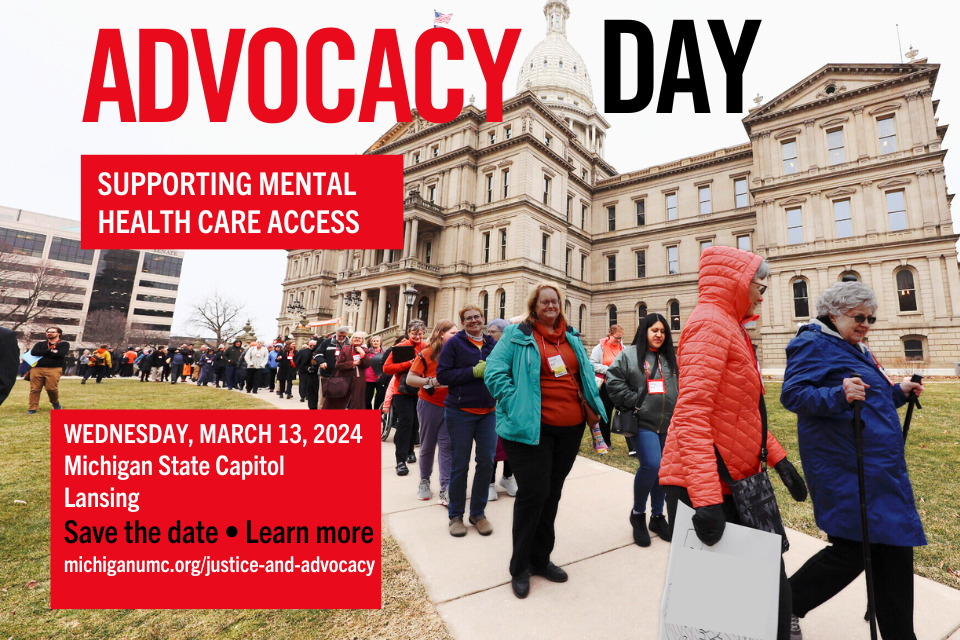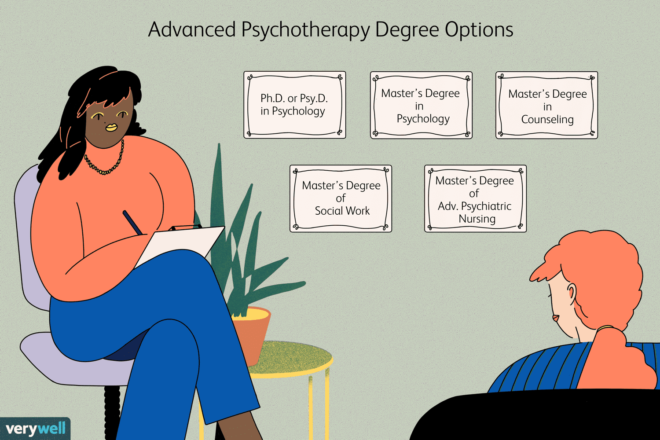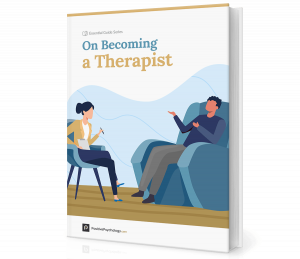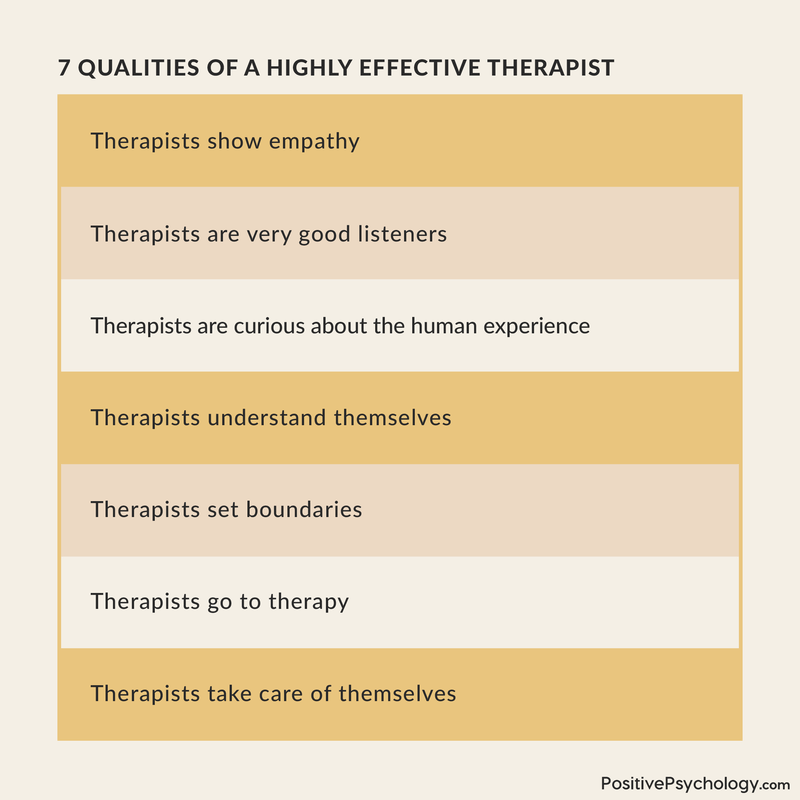Advocacy plays a crucial role in raising awareness and promoting positive change in the field of mental health. Every year, various organizations and individuals come together to participate in Mental Health Advocacy Day. In 2024, this important event will take place in Austin, Texas, United States. The aim is to bring attention to mental health concerns, advocate for better policies, and support those affected by mental illnesses.
The Significance of Mental Health Advocacy Day
Mental Health Advocacy Day serves as a platform for individuals and organizations to make their voices heard and push for improvements in mental health services. It is an opportunity for advocates to share their stories, experiences, and concerns, with the goal of influencing policymakers and driving change. By engaging with elected officials, community leaders, and the general public, advocates can significantly impact the mental health landscape in a positive and meaningful way.
Activities and Initiatives
The 2024 Mental Health Advocacy Day will feature a series of activities and initiatives aimed at promoting mental health awareness. These may include:
- Advocate training sessions to educate participants on effective advocacy strategies.
- Keynote speeches by experts in the field of mental health.
- Panel discussions on various topics related to mental health.
- Workshops and interactive sessions to engage attendees.
- A march or rally to raise public awareness about mental health issues.
- Meetings with lawmakers to discuss legislative priorities.
Collaboration and Partnerships
Mental Health Advocacy Day is a collaborative effort involving various organizations, nonprofits, and individuals who share a common goal of advancing mental health initiatives. Partnerships with local and national mental health organizations, healthcare providers, advocacy groups, and governmental agencies strengthen the impact of the event. Together, they work towards destigmatizing mental illnesses, improving access to quality care, and ensuring that individuals receive the support they need.
Benefits of Mental Health Advocacy
Mental Health Advocacy Day provides numerous benefits for individuals, communities, and society as a whole:
- Increased awareness: Advocacy events like Mental Health Advocacy Day raise awareness about mental health and contribute to destigmatization efforts.
- Policy change: By engaging with lawmakers and policymakers, advocates can drive legislative changes that improve mental health services and support systems.
- Improved access: Advocacy efforts can lead to increased funding for mental health programs, ensuring that individuals have access to quality care and services.
- Enhanced support networks: Mental Health Advocacy Day brings together individuals who have faced mental health challenges, providing an opportunity for peer support and connection.
- Continued education: Workshops and training sessions offered during the event help advocates develop the necessary skills to make a lasting impact in their communities.

Credit: namichescopa.org
Looking Towards the Future
The success of Mental Health Advocacy Day relies on the commitment and continued efforts of individuals and organizations working together to drive change. By amplifying the voices of those affected by mental illnesses and continuing to push for improved mental healthcare, we can create a future where mental well-being is a priority for all.

Credit: michiganumc.org
In Conclusion
Mental Health Advocacy Day is a crucial event that aims to raise awareness, promote change, and support individuals facing mental health challenges. By participating in advocacy initiatives, we can collectively make a difference in the lives of those affected by mental illnesses. Let us unite, advocate, and create lasting change to ensure a brighter future for mental health.
Frequently Asked Questions For Mental Health Advocacy Day 2024: Support, Empower, And Act!
Is There A National Mental Health Day?
Yes, World Mental Health Day is observed on October 10 each year to raise awareness and promote mental health advocacy.
Is May Or October Mental Health Awareness Month?
May is Mental Health Awareness Month, not October.
What Is Its Mental Health Action Day?
Mental Health Action Day empowers individuals to take action for themselves, loved ones, or community using personalized strategies.
What Is The Nation’s Largest Nonprofit Mental Health Organization?
The nation’s largest nonprofit mental health organization is NAMI (National Alliance on Mental Illness). NAMI is the leading grassroots mental health organization in the United States.


:max_bytes(150000):strip_icc()/how-can-i-become-a-therapist-2795762-1a1831fe05bb4509b39e925e43dfdbe9.jpg)









